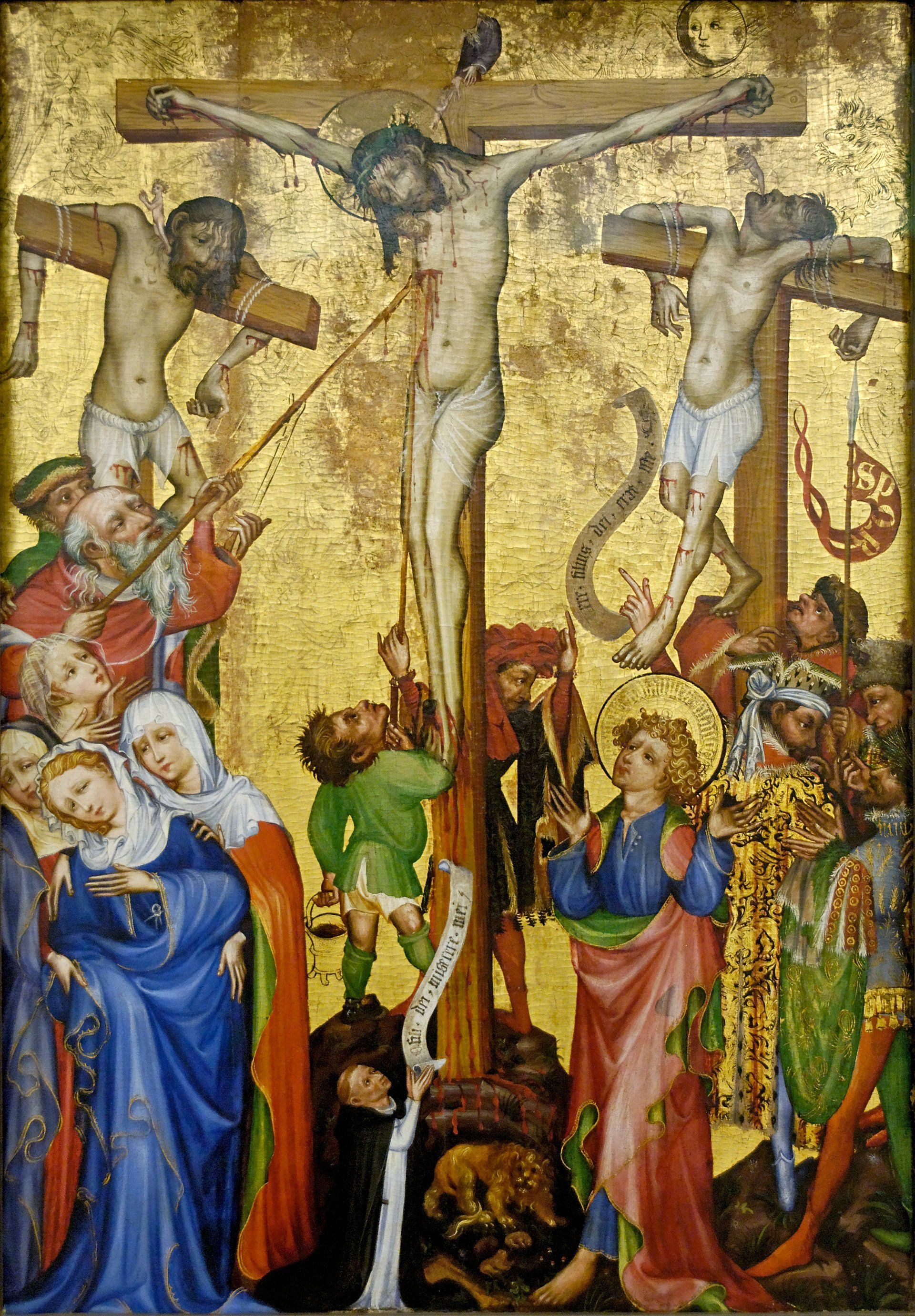Message of Abbot Paul - Monday 7th November 2022
Abbot Paul • November 7, 2022

There are many short prayers to be found in the Gospels. One of these, on the lips of the apostles, is, “Increase our faith.” It occurs several times and in different contexts, and is one that I often use, “Lord, increase our faith.” We note that, like the Lord’s Prayer, it’s in the plural. We don’t pray, “Increase my faith,” but, “Increase our faith.” Our prayer is inclusive; we omit no one from it. What we ask for ourselves, we automatically ask for all others, for prayer must not be selfish or self-centred. Were it to be that way, it would cease to be prayer. Jesus assures his disciples that if their faith were the size of a mustard seed, it would be enough to uproot the largest of all trees and order it to replant itself in the sea, an impossible request, if ever there was one. Yet Jesus wants to teach us, as he taught his disciples, that there is no power greater than faith-filled prayer.
We are reading Luke, (Lk 16: 1-6), where Jesus speaks to his disciples. “Obstacles are sure to come, but alas for the one who provides them! It would be better for him to be thrown into the Sea with a millstone put round his neck than that he should lead astray a single one of these little ones. Watch yourselves!” This is the first of three short sayings of Jesus. The disciples are not to put obstacles in the way of those seeking to know God and follow Jesus. They must not lead the “little ones” astray, but rather guide them and help them to become disciples of Jesus and so find the road to salvation. We are here to help one another.
Jesus then speaks of forgiveness and reconciliation within the Christian community. “If your brother does something wrong, reprove him and, if he is sorry, forgive him. And if he wrongs you seven times a day and seven times comes back to you and says, “I am sorry,” you must forgive him.’” Repentance and forgiveness lie at the very heart of the Christian faith, that way of life taught by Jesus to which he calls each one of us. Forgiveness is not an option, an extra, rather it is the very essence of the Christian faith, for Jesus himself came to forgive us our sins and reconcile us with our Father in heaven and with each other.
Finally, we end where we began. “The apostles said to the Lord, ‘Increase our faith.’ The Lord replied, ‘Were your faith the size of a mustard seed you could say to this mulberry tree, “Be uprooted and planted in the sea,” and it would obey you.’” Let this be our prayer today. “Increase our faith.” Amen.









